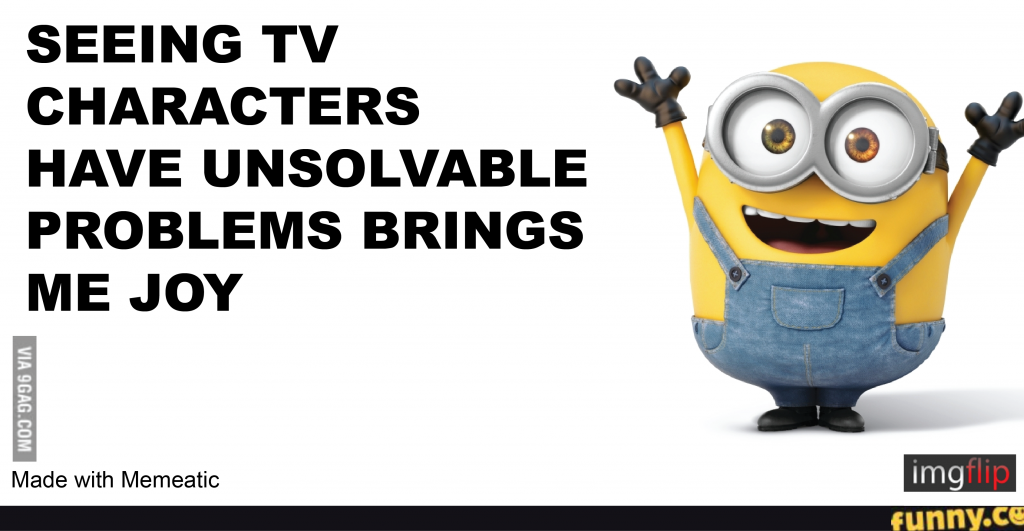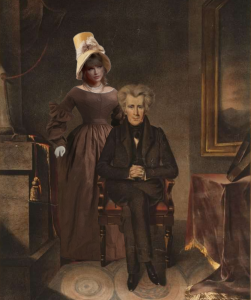
Note: This article is a part of the April Fools’ Day edition, The Scoop, and is not meant to be taken seriously.
Movies and television today need to improve. The sure-fire way to do so: more melodrama.
I know what you’re thinking; that’s exactly what we need. After a day full of problems, what really relaxes me is watching others’ problems because I never get tired of it.
This is especially the case when the melodrama is done through stone-faced actors delivering lines nobody could put any humanity into. Having almost no discernable facial expressions is the easiest way that I can insert myself into the protagonist.
After a while, you’d think that the people in shows or any piece of media would try to sit back and take a moment to digest and discuss the events that happen to them. I certainly hope not, as it would be far too dull to watch.
What really insults me with shows these days is that they challenge what I view and offer up characters that I despise but can’t easily pick apart. It’s a wonder that those are few and far between and that when they are there, I can still find a little issue and throw everything else into a villain.
Even when shows do create a villain that is clearly in the wrong, I enjoy that they create one without any menace that comes off as a bumbling fool. It’s just escapism; it doesn’t have to make sense or have continuity.
Evil in escapism is an unnecessary discomfort that serves to bog down the story and makes me face the fact that not everything goes right. But that’s OK, as I already know that since melodrama is the only way a story can be realistic.
See, these characters have problems. Do you disagree with how it’s handled? Well, I think that’s unrealistic. On the topic of realism, even that is irking me. Problems shouldn’t happen to the characters I like. They’re symbols to look up to; no number of problems should stop them from inspiring everyone. Only models of perfection can be up to snuff.
Don’t get me started on symbolism. I just love it when it is included in any capacity. The more incomprehensible it is, the more I can appreciate the direction the person is going. After all, it is their direction, and they are an artist. You can’t just simply criticize it.
Although, before I could ever get to appreciate it, the pace manages to fly at a break-neck speed so that I don’t have to wait to get to the next scene. See, the atmosphere isn’t important, nor is the ability to actually see what is going on.
The lack of harsh lighting and flat wide shots really sold the disinterest in the actor’s face — at least, from what I could see since the movie was so dark. Oh, and it was dark emotionally, too, which gave it a lot of weight and depth since it dealt with dark material itself.
It’s those extremes that really make a movie have so much depth. No amount of nuance can make up for the spectacle that comes with the entertainment industry. That’s why they call it movie magic.




